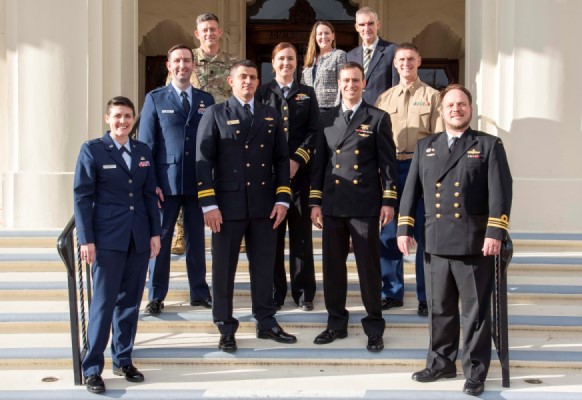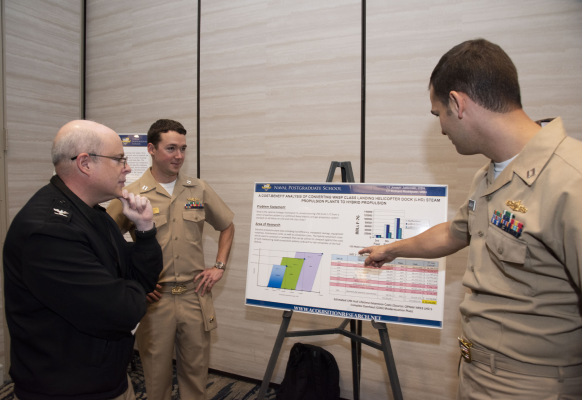Home - Department of Defense Management
The Department of Defense Management provides responsive graduate education and Navy-centric research that
- grounds leaders in essential knowledge of the defense acquisition decision support system, and
- develops the cognitive skills to lead innovation in the development and delivery of capabilities that meet the operational needs of the Naval and joint forces.
Explore the Department

Academics

People

Research
Contact Us
Department of Defense Management
555 Dyer Road
Monterey, CA 93943
Phone: 831-656-2471
Fax: 831-656-3407
A message from DDM Chair, Raymond Jones
Innovation is at the heart of the Department of Defense Management, defining our curriculum, research, and people. All DDM efforts share a targeted focus on the DoD Acquisition Decision Support System and the processes necessary to transition critical capabilities and services that meet Naval operational needs. DDM’s recently updated programs provide a cost-effective and integrative curriculum that emphasizes defense acquisition, logistics, financial management, and manpower within the framework of Naval warfighting priorities.
- Read more about how DDM delivers intellectual and technological advantage for the US Navy and joint forces.

Latest News
Visit us on Social Media
Follow us on LinkedIn to get news of current research, event recaps, alumni updates, and more!

Check out videos recapping DDM student research and events hosted by our Acquisition Research Program.

Follow the Acquisition Research Program on X.

